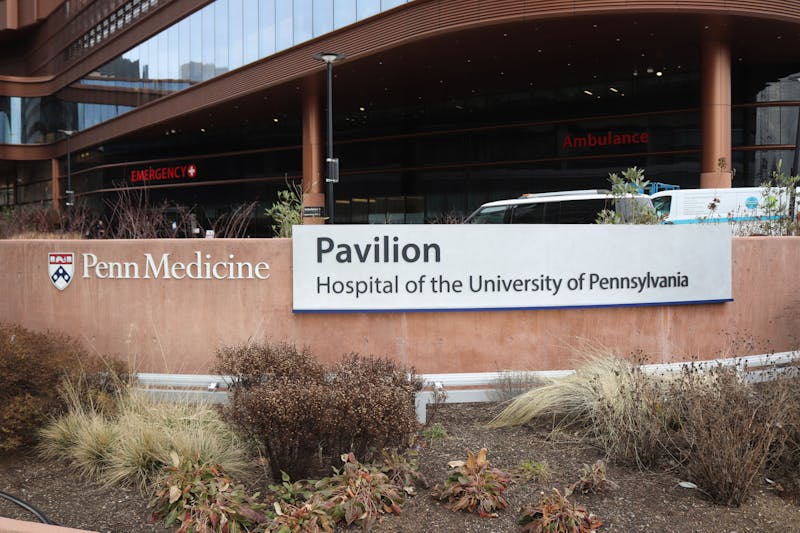
Despite experiencing statewide defeat in the presidential election, Pennsylvania Democrats held onto their slim majority in the state House of Representatives on Election Day — a feat which may have several impacts on Penn and its students.
Party control in the state legislature could influence issues such as the status of funding for Penn’s School of Veterinary Medicine, abortion rights in Pennsylvania, and higher education. The state House currently sits at 102 Democrats and 101 Republicans — with Democrats retaining the majority they obtained during the 2022 midterm election.
While Democrats maintained control of the state House, Pennsylvania will continue to have a divided government after this year’s election. The state Senate remains in Republican control after the election with a comfortable majority of 28 to 22, and Democrat Josh Shapiro currently holds the governorship. The split leadership will necessitate additional compromises over Pennsylvania’s annual budget and other legislation after extensive disagreements during this year’s budget negotiations.
While Penn, as a private university, is not state-funded, Penn Vet has received state funding since 1889. Penn Medicine’s Division of Infectious Diseases also annually receives funding from the Commonwealth.
In December 2023, the state House voted to withhold more than $31 million dollars in funding from Penn Vet over concerns of antisemitism on Penn’s campus. Most Republicans voted against approving the funding, though every Democrat voted in favor.
While the Commonwealth later allocated Penn funding in the 2024-25 fiscal year budget, the University has still not received the initial funding withheld in late 2023.
The Southeastern Pennsylvania Transportation Authority, which serves Penn, also relies heavily on funding from the Commonwealth. After furious negotiations between the state House, Senate, and Shapiro, a recent legislative session ended without a compromise to provide SEPTA with funding — potentially forcing the transit agency to cut service and drastically increase fares.
Funding for SEPTA will likely arise as a potent topic in the newly elected state legislature. By virtue of holding a majority in the state House, Democrats — who support additional funding and previously passed $283 million in funds for SEPTA — may have a stronger position in upcoming negotiations.
In the aftermath of pro-Palestinian protests in the fall 2023 semester, several state House Republicans introduced legislation to combat antisemitism in higher education institutions in Pennsylvania. Because the legislation did not receive the two-thirds majority required for passage by the state constitution, the bill was not passed. It is unclear if similar legislation will be introduced during the House’s next session.
Abortion has become a hot-button issue on a federal level, especially during the 2022 midterm elections. While abortion is legal in Pennsylvania, it is not enshrined in the state constitution. State House Democrats have promised to block attempts to overturn abortion rights.
Pennsylvania state Rep. Tarik Khan (D-Philadelphia), a 2022 Ph.D. graduate from Penn’s School of Nursing, authored a bill in February that aimed to reform statewide abortion access and remove barriers to reproductive health.
Penn is represented by 2013 Engineering graduate Rick Krajewski, a Democrat who has served in the state House since 2021 and ran this past election cycle unopposed. In May, Krajewski issued a statement expressing his disappointment with Penn’s dismantling of the Gaza Solidarity Encampment.
The Daily Pennsylvanian is an independent, student-run newspaper. Please consider making a donation to support the coverage that shapes the University. Your generosity ensures a future of strong journalism at Penn.
Donate












